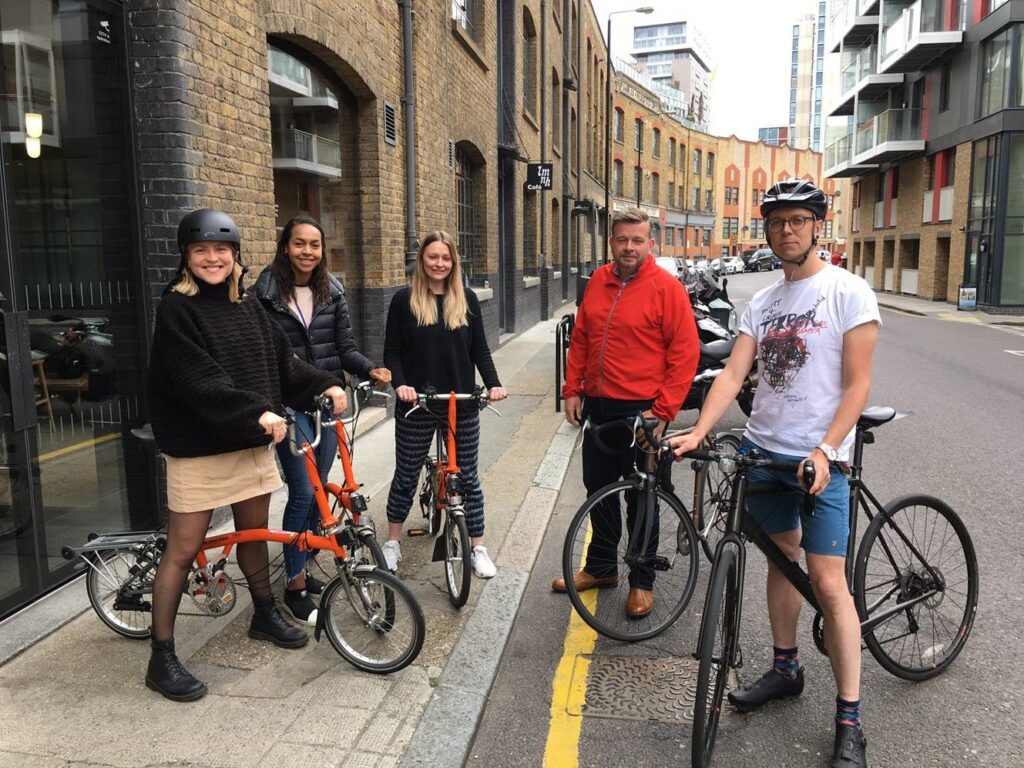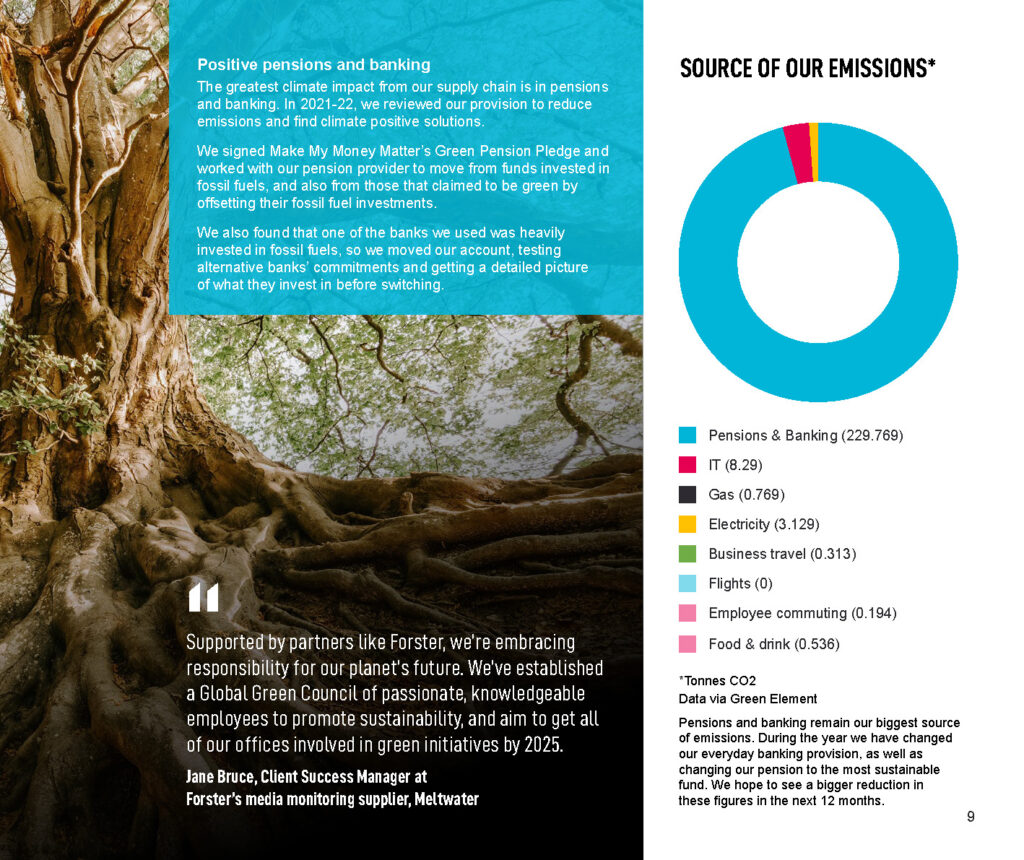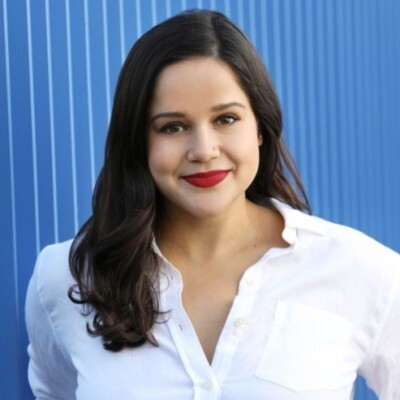Thinking Outside the Box Helped Forster Communications Launch Successful Climate Action Plan

There’s more than one way to take climate action. Sometimes, out-of-the-box thinking is exactly what the planet and a business needs. Organizations like Forster Communications show the potential of navigating the climate crisis creatively and are reaping the rewards as a result.
Sustainability has been a core part of the UK-based public relations firm’s business model since it launched more than 25 years ago. The agency adopted environmental management strategies through ISO14001 certification in 2007 and went on to gain B Corp certification in 2015. This early climate work paved the path for even bolder sustainability strides in their future.
“In December 2019, we became one of 500 companies worldwide committing to net zero by 2030, but we knew it wasn’t enough,” says Amanda Powell-Smith, chief executive of Forster, which joined the SME Climate Hub shortly after the initiative’s launch.
The plan puts impact at the heart of the model, and the agency’s influence has since spread leaps and bounds beyond its four walls, with lessons that can help other planet-focused SMEs to drive change, too.
Get creative—and learn to adapt
With a modest carbon footprint, the team realized they could have a more substantial impact by making changes outside of their own operations to influence their clients and wider communities. In 2020 Forster used their behavioral change experience and creative prowess to launch an award-winning agency-wide sustainability program, the Climate Positive Plan. The comprehensive three-year roadmap targets the overarching goals of: cutting operational carbon emissions including finances, business travel and office emissions; transitioning to suppliers with clear net-zero-by-2050 plans; helping hybrid-work employees cut CO2 emissions at home and on their commutes; ensuring all agency clients are publicly committed to emissions reductions by April 2023; and collaborating with their industry and wider networks like B Corp to drive change.
The team crafted unique steps to reach these lofty goals. They became a meat- and dairy-free office. The team instituted supplier-screening questionnaires to track partners’ net zero targets and commitments. And, they offer extra holiday time for those who cycle or walk to work.
They’ve also learned to adapt. “We are having to respond to the reality that the pandemic, home working, and a subsequent shift to hybrid working has increased our own carbon footprint.”
Through training, coaching, and education, 80 percent of the team now uses 100 percent renewable energy at home, Powell-Smith says. (The other 20 percent live in landlord-controlled properties and cannot switch suppliers.)
In the past three years, the team has made major strides. One hundred percent of the company’s suppliers have now made net-zero pledges, 90 percent of their business-sector clients have set greenhouse gas reduction targets, and the firm has collectively reduced 4.1 tons of CO2 scope 1, 2, and 3 emissions. The agency evolved who they offset emissions with—i.e., working with accredited providers who directly remove carbon. And, when they realized the vast majority of emissions came from pensions and banking, they switched things up by changing banks and moving investments. As its capacity grows, the company aims to go further by reducing scope 1 & 2 emissions to minimize the need for offsetting.

Bold steps yield big rewards
It can be nerve-wracking for business leaders to break the mold—especially when that involves investing time and resources into a new business pillar, such as climate action. “This takes bravery, whether it’s collaborating with the competition to help drive transparency in our industry around working with carbon-intensive clients, or asking your team how they really feel about becoming a meat- and dairy-free office,” Powell-Smith says.
It’s also hard to say no to new business. In addition to joining Clean Creatives, a collective pledge by advertising and PR firms not to work with the fossil fuel industry, Forster’s climate plan involves working solely with clients which have publicly committed to reducing CO2 emissions.
For Forster, staying true to company values has sparked major business rewards. In fact, it’s a competitive advantage. “We are winning business, seeing a 104 percent increase in clients, and we’ve had 25 new clients in the last 12 months,” Powell-Smith says. “Plus, 75 percent of this work is based around climate action—and 86 percent of our income comes from repeat business and word of mouth.”
Setting a sustainability example
The bonus? They’re inspiring change beyond their team of over twenty employees. Forster runs webinars, pens how-to articles, and offers one-to-one conversations to share best practices with industry peers and competitors. Broaching the subject of going planet-first with clients and suppliers can lead to innovation, too.
When agency leaders shared their sustainability framework for suppliers with their office landlords, the landlords changed their waste suppliers. Now, no waste from any building businesses goes to the landfill.
For clients, this also means learning easy switches that help the planet—such as choosing trains over flights for business travel. “By normalizing it through our work, it sparks wider conversations within their organizations and among peers,” Powell-Smith says. “It helps nudge them in the direction of more sustainable travel choices.”
This shows the ripple effect of taking small, planet-minded steps—and the power that small- and medium-sized enterprises have to spark change in their own networks. “We should never underestimate SMEs as the trailblazers of change,” Powell-Smith says. “They are often more agile than larger organizations, trialing new ways of working and responding quickly to challenges.”
Forster says organizations like the SME Climate Hub have been instrumental in setting their sustainability strategies in motion. “We used resources like the B Lab Playbook to help us develop and act on our Climate Positive Plan,” Powell-Smith says. “It also helped us show our partners and suppliers how to tackle their own emissions.”
Powell-Smith’s advice for SMEs just beginning this work? Make it manageable. “Take action in small steps. Don’t do everything at once. Have a plan, identify your hot spots—where you can make a big impact—then actively involve your team to help generate and implement ideas for action.”
Over 5,600 businesses have made the SME Climate Commitment, joining companies like Forster in driving change within their own walls and industries. Have you made the commitment? Learn more about the resources available to get you started and join our community today.



